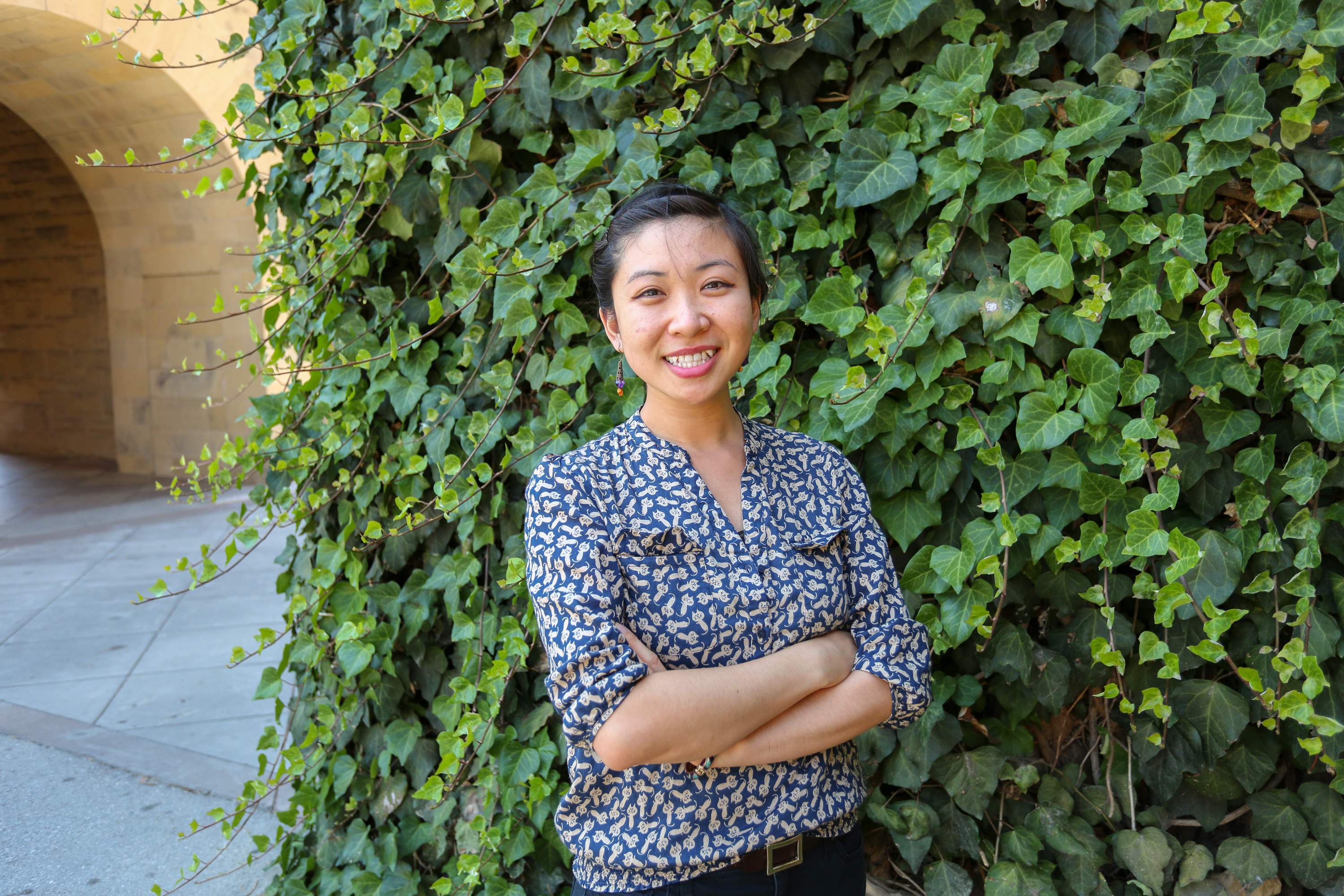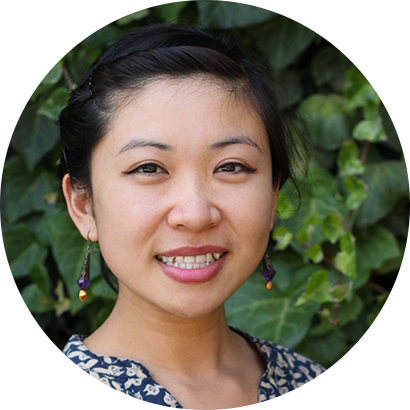
Priscilla Chang
What were you doing prior to applying to STEP?
After graduating from UC Berkeley, I taught abroad in Japan for three years at a junior high school, elementary school, and kindergarten. I taught in a rural town and built close connections with many of the students and families in the community. I still maintain close ties with the community now. After my teaching experience in Japan, I volunteered as an English Teacher with Peace Boat, an international non-profit and non-governmental organization focusing on promoting peace. I taught English to adult students while circumnavigating around the southern hemisphere for 105 days. Along with learning language and emphasizing cross-cultural communication, we organized workshops and events to promote peace, social justice, human rights, equitable and sustainable development, and environmental respect.
Why did you decide to come to STEP?
After my assorted teaching experiences, I knew that I definitely wanted to teach children but felt that I was taking bits and pieces from different teaching styles and pedagogies. I wanted a more informed approach to teaching. Furthermore, all of the people in STEP are so passionate about what they do; it’s inspiring to interact with and learn from them.
What else attracted you to STEP?
I also wanted to learn how to more concretely connect teaching in the classroom with social justice. STEP emphasizes that to be an educator, I have to not only be able to teach the subject matter, but also be sensitive to all the other forces acting upon a classroom.
More generally, is there a reason why you chose graduate studies in education over some other field?
Education motivates us to engage with the world around us and gives individuals the power to pursue inspiring goals or discover a hidden passion. Education is also closely tied to social justice, peace, access, and community. Therefore, within the tempest that is sometimes the field of education lies the greatest possibility to advance positive changes in our society. I can’t think of a more rewarding choice than being immersed in the field of education, empowering young minds, and ensuring that education is used as a means to drive social change.
Any surprises in your first few months of STEP?
Mathematics had never been my favorite subject because of its traditional approach of getting correct answers, so I had been wondering how I would take to the quantitative course. Luckily for me, it’s been an amazing experience so far. I was particularly wowed by a video where some elementary school students were all discussing and sharing different ideas on how to solve a multiplication problem. Not only was the variety of approaches astounding — some methods I had never considered before — but it was also moving to see students become so engrossed in the process of doing mathematics.

What do you do to relax and have fun outside of school?
Keeping a balance is key for me to do well in the STEP program. So for more active relaxation, I like to hike or go cycling. Stanford is close to many great hiking spots so I never have to worry about not finding a new trail to discover. I also love to read, so reading in my spare time calms my mind. I especially enjoy reading Haruki Murakami! Finally, I love eating (who doesn’t?), so going out to eat with my fellow “STEPpies” or with other friends is a great way to unwind.
What are your career plans?
I love working with students in a classroom right now, so I plan on teaching low-income and underprivileged youth in diverse communities. However, I also definitely have an irrepressible need to continue seeing new communities, cultures, and places, so maybe my passion will take me to different parts of the U.S. or even abroad. Whatever happens, I know I want to work in the classroom for as long as possible and that I’ll always be working with youth in some capacity.
What advice do you have for prospective students on the application process?
Really reflect on why you want to teach and why you want to attend Stanford. It’ll help you navigate the requirements if you are clear about your goals. Also, it doesn’t hurt to start early.
Any tips for incoming students to help them get the most from their time at Stanford?
While the program is very supportive and offers many opportunities, it is always best to take ownership over your own learning. Know what you are interested in, where you want to go, and what you want to learn. Then take the initiative to accept chances that will challenge you to reassess your values and goals, and help you grow as an individual and professional. Furthermore, balance is key! Staying focused on your coursework and fieldwork is important, but so is listening to your body and being attuned to your needs. In whatever free time you have, find opportunities to foster a personal interest of yours. If you can’t find something on campus, don’t worry; you’re in the Bay Area, and the opportunities are endless.

